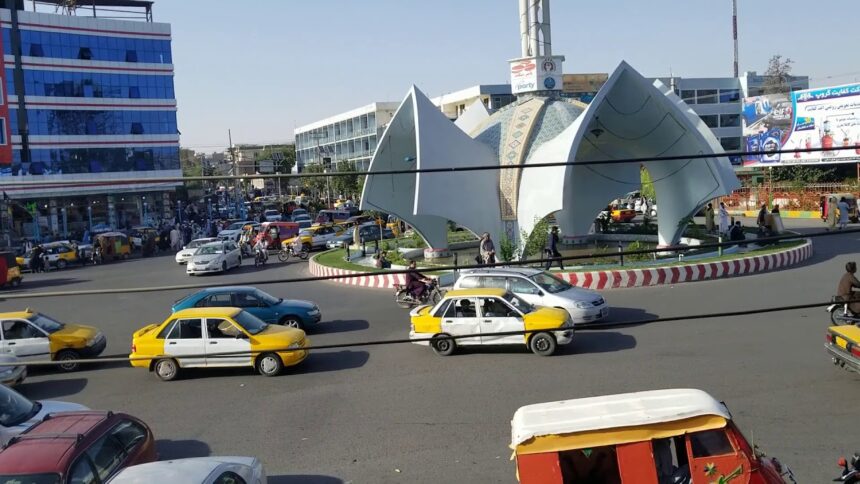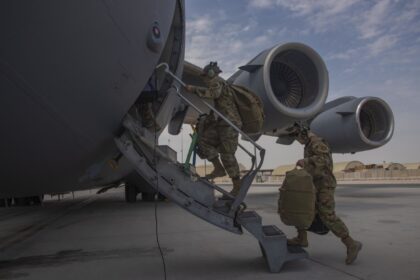RASC News Agency: Credible sources within the central prison of Herat province, located in western Afghanistan, confirm that female inmates are shedding tears day and night for their freedom, hoping to be included in the amnesty decree of Taliban leader Mullah Hibatullah Akhundzada.
A reliable source within the central prison of Herat, speaking on the condition of anonymity, informed the RASC news agency on Sunday, Apr 7, that in the recent decree issued by Mullah Hibatullah Akhundzada, the leader of the Taliban, forty female prisoners have been released from Taliban custody in Herat province so far, while over two hundred others continue to shed tears day and night, hoping to be part of the upcoming batch of releases in two more days. The source added that some female prisoners, seeking their release from Taliban custody, have resorted to hunger strikes within the confines of the women’s prison, yet their plight has gone unnoticed.
Meanwhile, another source in Herat province informed the RASC news agency that the primary reason for the weeping of female prisoners within the women’s prison of this province stems from their demand for the money they paid to the Taliban, which has not resulted in their freedom yet. The source mentioned that Taliban authorities have received substantial sums to release several female prisoners in Herat province, including a list of prisoner releases during the blessed month of Ramadan. However, there has been no progress regarding their release thus far. The source emphasized that if the female inmates who have paid exorbitant amounts to Taliban officials for their release are not set free, they should not only reclaim their funds but also expose the names of these Taliban members to the public and especially on social media platforms.
Furthermore, a family member of female inmates in Herat province, who chose to remain anonymous, informed the RASC news agency that in order to secure the release of their sister-in-law, who was supposed to be included in the list of released female prisoners, they paid 80,000 kabuli rupees to a prominent Taliban figure, but she has not been freed yet. The informant expressed, “This act is a betrayal that has compounded a myriad of problems with this money to rescue their innocent sister-in-law from this situation, but it is evident that their money has gone to waste, and their family member has not been freed.”
In light of these circumstances, Masouma Akrmai, a women’s rights activist in Afghanistan, conveyed to the RASC news agency that female prisoners in Herat province and other provinces of the country are deprived of basic human necessities. She highlighted that it is unequivocally evident that female prisoners and non-prisoners in Afghanistan are more vulnerable and deprived than women in any other country in the world, lacking any sense of self-confidence in this situation. Despite repeated attempts, we have been unable to obtain comments from Taliban officials in Herat province regarding this matter.
It is noteworthy that not long ago, multiple reports of abnormalities and misconduct among female prisoners by prominent Taliban authorities were brought to light. The resolution of these issues will unfold with the passage of time.






